SOL DE CARVALHO
“The real fantastic world is an inexhaustible source of stories”
Sol de Carvalho is one of the most outstanding Mozambican filmmakers. Born in 1953, in Beira, he grew up in Inhambane and made his career in Maputo. He was a journalist, he is a filmmaker in the widest sense of the term: he writes scripts, directs and handles photography. In the midst of all this, he has to manage a historic house of national cinema, Scala, which is also a cultural centre. In cinema, even in documentaries, fiction is an indispensable companion. In the middle of shooting his next film, Ancoradouro do Tempo, we retraced his professional path.
He is today a renowned filmmaker, with recognised productions. Looking at the time, can you say you are happy with the way things are going?
I’m happy with my career, yes. Of course it could be better. I had to make a lot of institutional films in order to be able to make the author films that I like… but for many years, Mozambican cinema has unfortunately lived on institutional films… and I am not satisfied with the “turn of things” because despite a law already passed many years ago, concrete support is taking a long time to arrive… and I’m not speaking for myself, but for the young people who hope that promises are fulfilled… My satisfaction is that talent is not lost…
Over time, film production underwent metamorphoses. Between tight budgets, challenges regarding casting capacity, technical conditions, will the work of a filmmaker in Mozambique be a normal task?
It’s as normal as any. In film, as in engineering or medicine, there are lazy people and hard-working people. In the case of feature films, this is a bit “abnormal”, because as resources are limited, and there is a great concentration of equipment and personnel, we regularly work 11 hours a day, with one for meals, and 6 days a week. I always say it’s easier to watch than to do…
We cannot ignore the fact that the film Mabata Bata was made in Shangaan. Uncommon in our cinema or at least on the levels at which it was made and for the person who made it. Can you tell us about that experience?
I did Muhipiti Alima (1997) in Makhuwa, A Herança da Viúva (1997) in Xitswa and Mabata Bata (2017) in Shangaan. It’s something I take for granted, even though I originally speak the Portuguese language. What is perhaps surprising is the fact that in Mabata, the original story is by Mia Couto, who is well known for the originality with which he writes and, in this case, in Portuguese. But he was the first one to tell me to go ahead with Shangaan. The option is to make the characters flow better and create more identification with the audience and with the object of the film’s content.
Advertising
Generally speaking, some of your main creations move towards fantastic realism. Is it the mirror of the Mozambican way of life or a stylistic option?
Both. I cannot understand the Mozambican reality if I cannot understand the African magical world. In what reality, in the scenario of a war, does a “small army” throw itself into battle with the conviction that bullets will turn into water, as it happened in the case of the Naparamas during the 16-year war? And then, the real fantastic world is an inexhaustible source of interesting stories…
You are currently in the process of producing the film Ancoradouro do Tempo, with a script written by Mia Couto. What characters and scenarios does the film bring us?
We just shot it on the Island of Mozambique. It’s a story that takes place in the fortress of an island that no one has access to (here’s the symbolism). The characters are people separated from society. They are confronted with a detective heading the investigation of a crime that took place there that had, in the past, connections to the place. It had the close presence of Mia Couto who, by the way, is the author of the original work A Varanda de Frangipani) and co-wrote the script with me in an artistic incursion that is new to the writer and that, therefore, was fantastic. It was all shot in the fortress, which is a setting that speaks for itself.
You are the manager of a historic movie theatre, the Scala. What is that experience like?
Before the pandemic, we had regular sessions of Mozambican cinema, which we are now resuming. With a good attendance. We are resuming that and the public has responded well. But it is clear that today there are PCs and there are TVs and what happens is that the rooms are unsuitable for today’s realities and the costs of an eventual refurbishment are heavy. But the Scala is not only a movie theatre. It is a cultural centre. It is also a historical place. If possible, we want to keep it that way. Of course, if we had support it would be better.
Issue 75 Sept/Oct | Download.
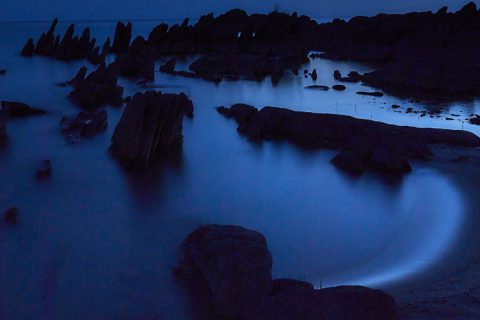
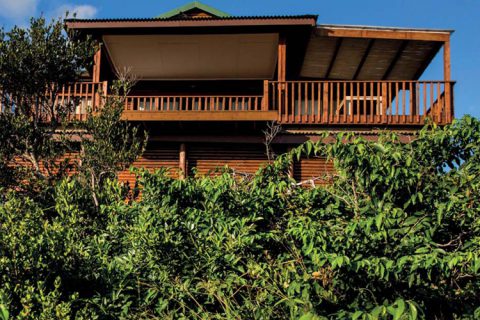


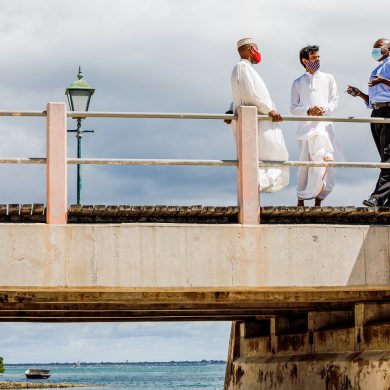
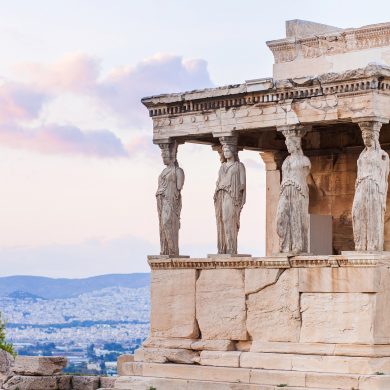
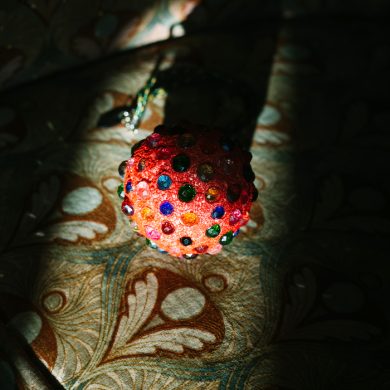


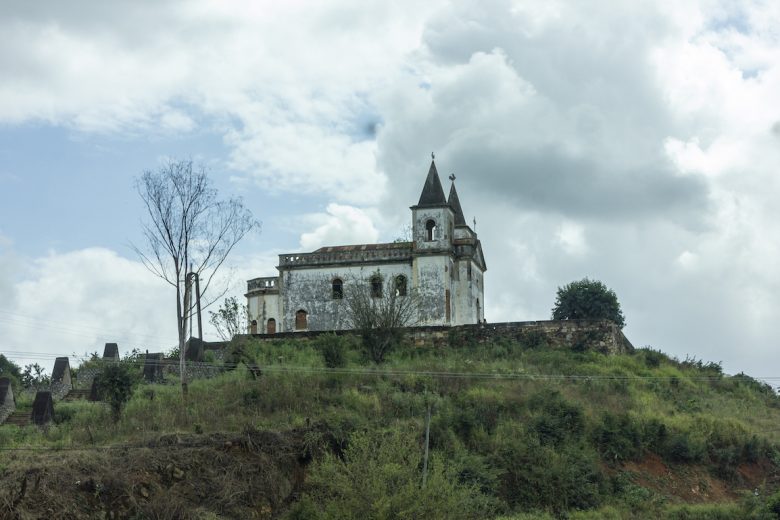














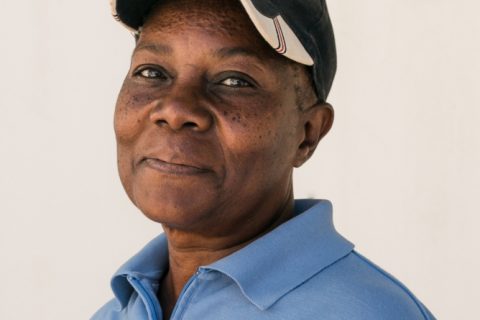
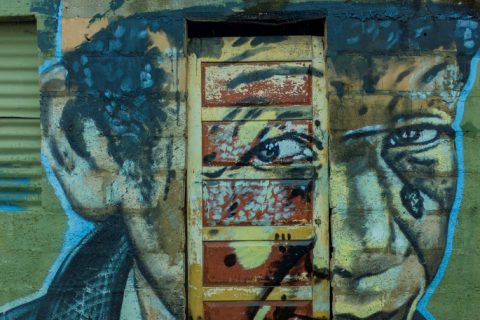

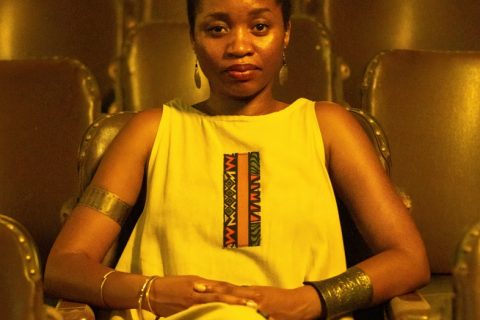

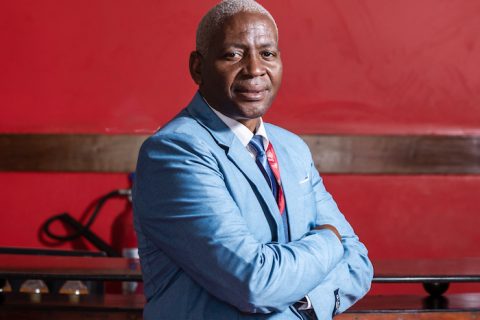

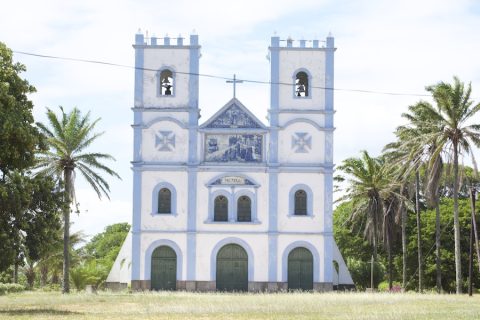
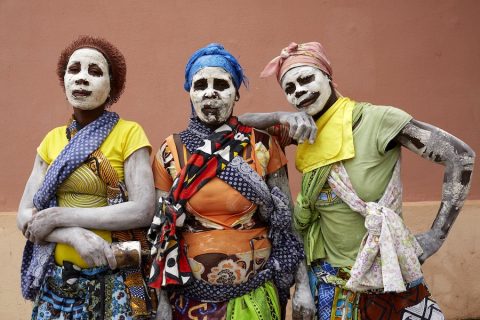
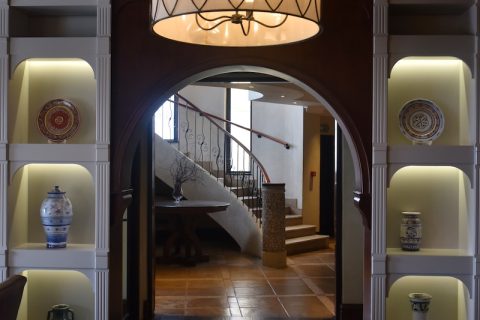


0 Comments